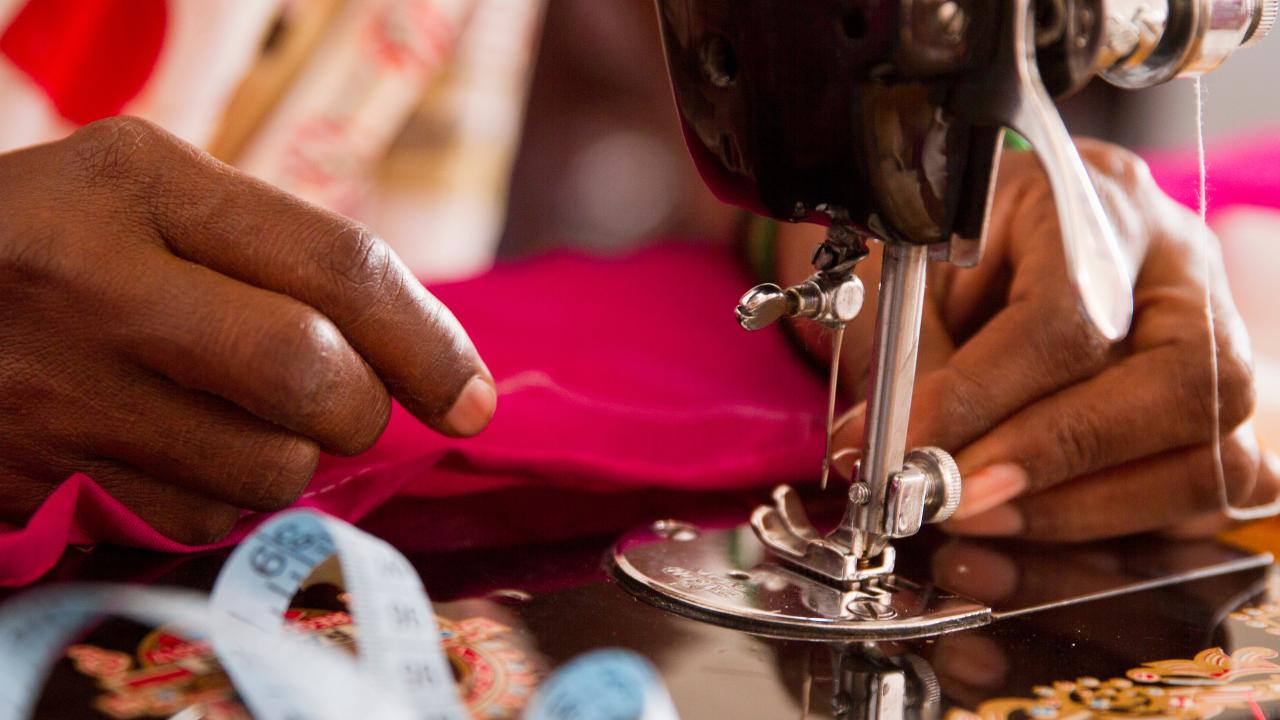New EU directive on human rights and environmental issues affects trade with least developed countries

Nikodemus Solitander, postdoctoral researcher at Hanken School of Economics, has taken a closer look at one of the planned directives, the Corporate Sustainability Due Diligence Directive (CS3D) Opens in new window . He and a number of researchers were commissioned by the Finnish Ministry of Foreign Affairs to jointly investigate the effects the directive will have on least developed countries (LDCs).
“The directive deals with global value chains in which most of the production takes place outside the EU, particularly in risk sectors such as the textile and mineral industries, and the wood-processing and mining industries.”
Solitander highlights social problems in the female-dominated textile industry in Asia as one example.
“Conditions in the textile factories can be inhumane, with a lack of security, abuse, long work days and low wages, no option of forming trade unions, and so on. As regards the environmental aspect, it is often a question of local problems, such as chemicals entering drinking water, and not so much of CO2 emissions, which are a key concern within the EU.“
Awareness building and the longer-term perspective
As it stands now, the CS3D Directive would apply to companies with over 500 employees and more than EUR 150 million in turnover. In risk sectors, it will apply to companies with 250+ employees with more than EUR 40 million in turnover.
“It only directly affects one or two per cent of all businesses in the EU, because so many companies are small and medium-sized enterprises. And although the responsibility lies with the European companies, they have an interest in trying to shift the responsibility and cost further up the value chains, towards their own suppliers who are already under great pressure in terms of margins and costs.”
Another challenge with the directive is the 'knowledge gaps' in developing countries.
“The knowledge level is very low, even at ministerial level. Improving knowledge of the directive should be the EU’s responsibility. European companies would also need to work more long-term and build trust with their suppliers to promote environmental issues and human rights. But global value chains are rarely based on a long-term perspective. The pandemic showed that many companies tend to quickly pull out when times get tough.”
The report, co-authored by Solitander, concludes that the CS3D directive could be more ambitious. One way would be to include the financial sector in terms of how investment decisions take CSR issues into account.
“Another question is whether the directive should also cover consumption. Currently, producers are not responsible for how products are used. A typical example is the metal industry, where some of the materials are used to produce weapons.”
Co-authors from Hanken were also doctoral researchers Neema Komba, Eva Nilsson, Greta Andersson, and associated researcher Linda Annala Tesfaye. To find out more, see the reports published by the Finnish Ministry of Foreign Affairs in March 2023:
- Towards inclusive European CSR legislation: Analysing the impacts of the EU corporate sustainability directive on LDC trade Opens in new window
- The proposed EU Corporate Sustainability Due Diligence Directive and its impact on LDCs: A Legal Analysis Opens in new window
Text: Jessica Gustafsson


